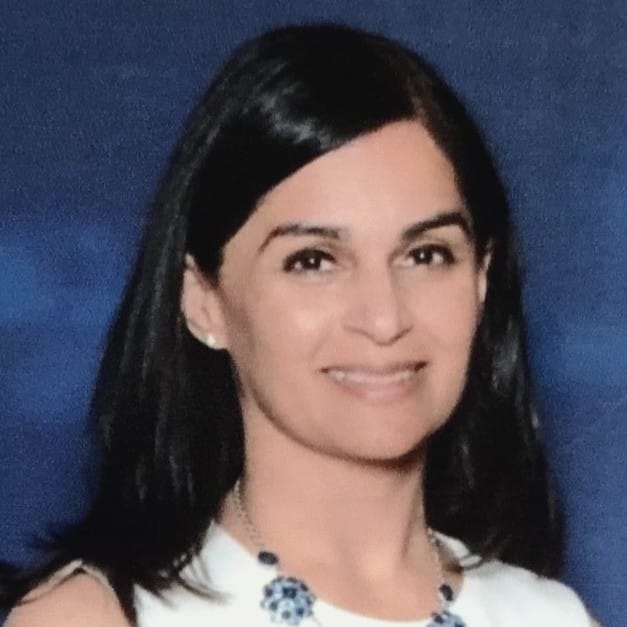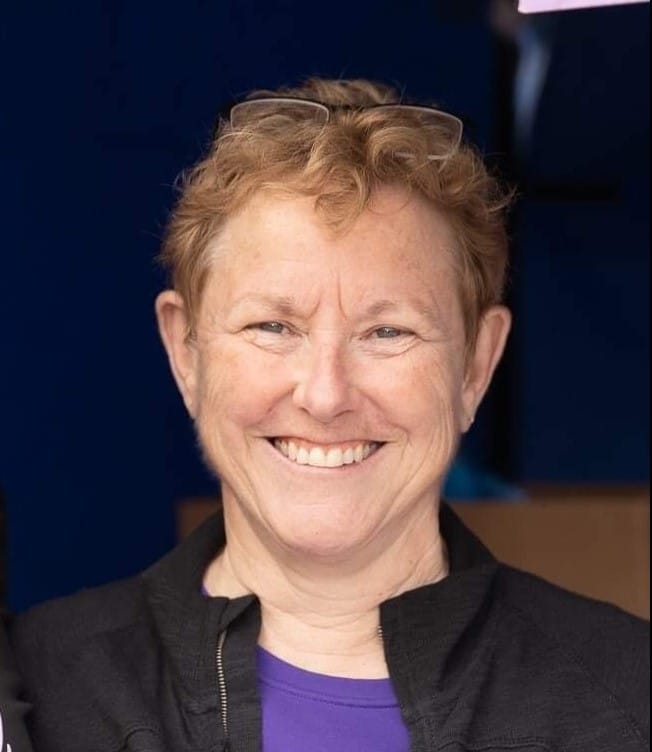International Scientific and Medical Advisory Board
The mandate of the ISMAB is to ensure that the network’s research activities meet the highest standards and objectives are achieved.
Chris Armstrong PhD
ISMAB Member
Director – Melbourne ME/CFS Collaboration
Open Medicine Foundation
University of Melbourne, Australia

Jonas Bergquist MD PhD
ISMAB Member
Professor
Director CRC for ME/CFS
Chief Medical Officer for OMF
Biomedical Center, Uppsala University
Sweden

Sonya Chowdhury
ISMAB Member
Chief Executive, Action for M.E.
United Kingdom

Ronald Wayne Davis PhD
ISMAB Member
Professor of Biochemistry and of Genetics
Director, Stanford Genome Technology Center
Director, ME/CFS Collaborative Research Center at Stanford
Stanford School of Medicine
California, USA
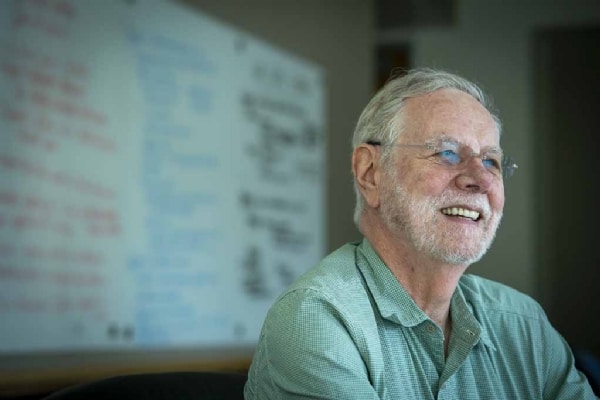
Nancy Klimas MD
ISMAB Member
Chair, Department of Clinical Immunology
Director, Institute for Neuro-Immune Medicine
Assistant Dean for Research, Dr. Kiran C. Patel College of Osteopathic Medicine
Nova Southeastern University
Florida, USA
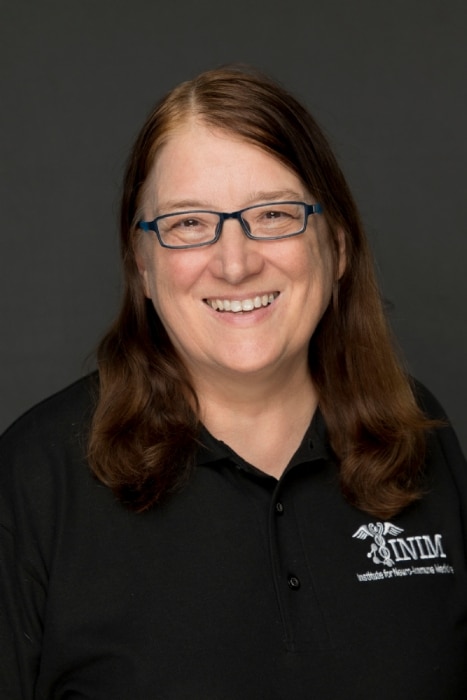
In partnership with the Miami Veteran’s Administration Medical Center’s Gulf War Illness (GWI) research program, the INIM is a multi- disciplinary research and clinical institute that takes a systems biology approach to understanding complex medical illnesses, such as Myalgic Encephalomyelitis/Chronic Fatigue Syndrome (ME/CFS) and Gulf War Illness (GWI).
Dr. Klimas is Professor Emerita, University of Miami Miller School of Medicine, a diplomat of the American Board of Internal Medicine, a diplomat in Diagnostic Laboratory Immunology, and Director of Clinical Immunology Research at the Miami VAMC. She has achieved national and international recognition for her research and clinical efforts in multi-symptom disorders including ME/CFS and GWI, was the past president of the International Association for CFS and Myalgic Encephalomyelitis (IACFS/ME), a professional organization of clinicians and investigators, and a past member of the Health and Human Services (HHS) CFS Advisory Committee.
Eliana Lacerda MD PhD
ISMAB Member
CureME team – Research Leader
Clinical Research Department
Faculty of Infectious & Tropical Diseases
London School of Hygiene & Tropical Medicine, London, UK
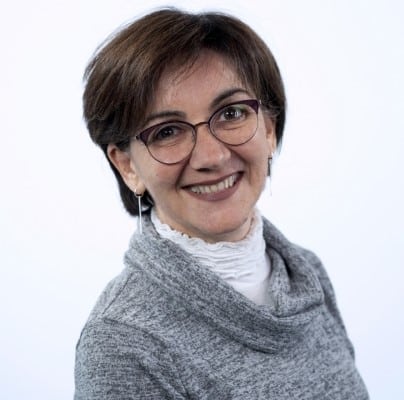
Dr. Eliana Lacerda has been the Vice-Chair of EUROMENE, a network involving participants from 22 European countries, which provided guidelines for epidemiological, clinical and biomarkers research, in addition to diagnosis of and health care provision to people with ME/CFS. Dr. Lacerda is the PI for a new research project (NIH funded) on HHV6 viral reactivation in people with ME/CFS and with Long Covid in the UK.
Neil McGregor PhD
ISMAB Member
Clinical Associate Professor
Dental School, University of Melbourne
Melbourne, Australia
Dr. Neil McGregor is a Clinical Associate Professor at the University of Melbourne, Australia. Neil gained his PhD at the University of Sydney in 2000 and has published over 70 papers in peer reviewed journals. He was a co-editor of the Journal of Chronic Fatigue Syndrome until it was replaced by the current journal. His academic research involves the science of metabolomics, microbiology, genetics and inflammatory mediated disease.
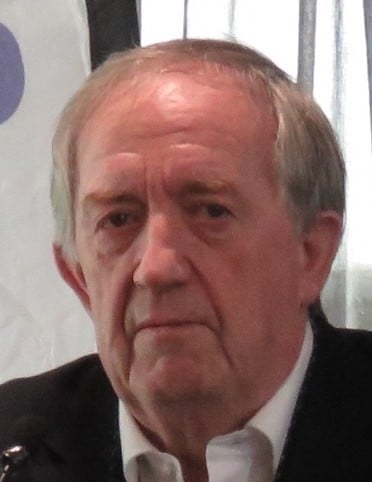
Peter Rowe MD
ISMAB Member
Professor of Pediatrics
Director, Chronic Fatigue Clinic, Johns Hopkins Children’s Center
Johns Hopkins University, School of Medicine
Maryland, USA
Dr. Rowe is a graduate of Trinity College, University of Toronto, and the McMaster University School of Medicine. His work has focused on the association between treatable circulatory disorders and ME/CFS, and the overlap of these conditions with connective tissue laxity and Ehlers-Danlos syndrome. He has directed the Chronic Fatigue Clinic at the Johns Hopkins Children’s Center since 1996, where he is the inaugural recipient of the Sunshine Natural Wellbeing Foundation Chair in Chronic Fatigue and Related Disorders.
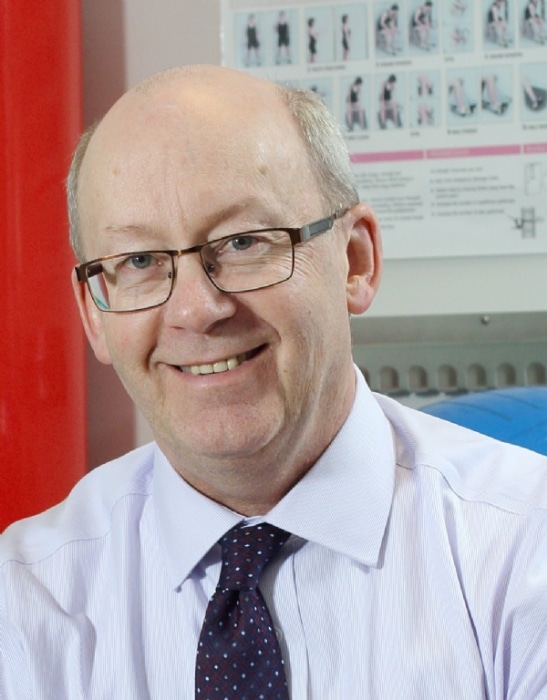
Carmen Scheibenbogen
ISMAB Member
Prof. Dr. med. Carmen Scheibenbogen
Charité – Universitätsmedizin Berlin | Institut für Med. Immunologie, Berlin, Germany
Carmen Scheibenbogen is hematooncologist and professor of clinical immunology at the Institute of Medical Immunology at Charité Berlin. She is co-founder of the COST-funded European network for ME/CFS EUROMENE, the Charité Fatigue Centre (https://cfc.charite.de) and the Post COVID Network (https://pcn.charite.de). She has co-authored more than 200 peer-reviewed papers with a focus on ME/CFS, T cell immunology and cancer vaccines.
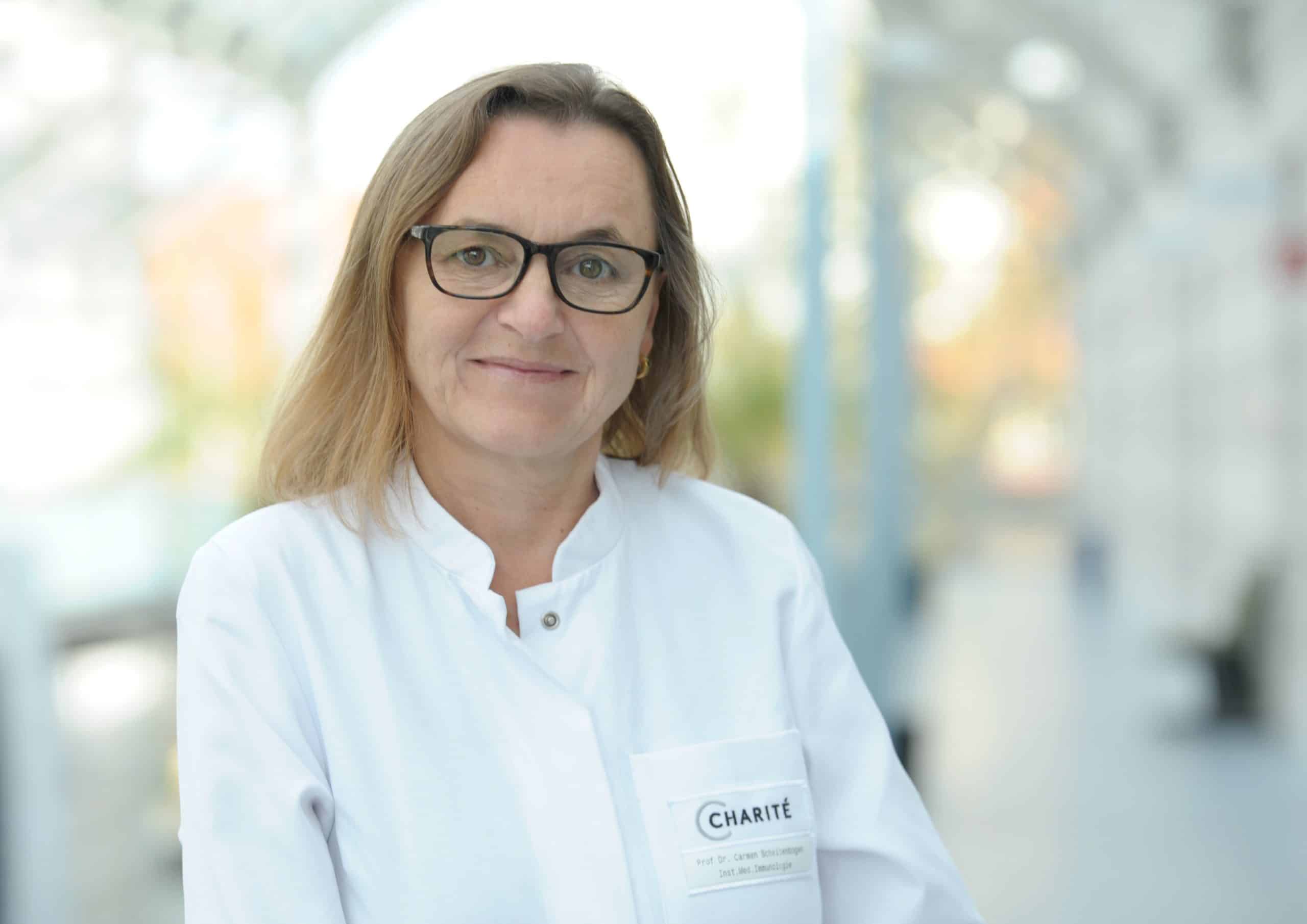
Steering Committee
Under the direction of the Community Leadership Team, the Steering Committee will:
Provide strategic support, advice, feedback and guidance to the Director and Community Leadership Team on key issues such as network priorities and goals.
Provide support and feedback to the Working Groups as determined by the Director and the Community Leadership Team.
Working Group – Trainee Development & Medical Education
MANDATE
To focus on identifying and addressing significant challenges within medical education in Canada for all healthcare practitioners, from any backgrounds and at all levels. To foster the development of early career investigators and existing researchers, and sustain the activities of the ICanCME ACADEME.
LEADERSHIP
Chair – Sabrina Poirier – Community Development Leader (medically retired), Patient Partner
Working Group – Vascular Instabilities & Sleep Disturbances
MANDATE
To identify the current knowledge and gaps associated with vascular instabilities and sleep disturbances in the field of ME. To find new research approaches to address these issues and potential therapies, in ways that are safe and respectful to the community.
LEADERSHIP
Co-Chairs – Dr. Heather Edgell, School of Kinesiology and Health Sciences, York University and a Patient Partner (wishes to remain anonymous)



